Today we are tackling everyone’s favorite question: “Does homesteading save money?” Plus, I’m sharing 6 principles and practice that will help you adjust your mindset and save more money while homesteading!
Yes. And no. But mostly yes.
I’m a financial-minded person. One of the first things I investigate when making a decision is if there is a financial pay-off in it. Homesteading was no different. When we started this journey, we were still in the process of paying off a mountain of medical debt and I needed to know whether homesteading would save us money. While Lindy was rushing out the door to buy seeds and supplies to start our adventurous new life, I hesitantly stayed behind, asking “how much is that going to cost?!”
If someone asked me today (5 years later) if we have saved money by homesteading, I would have to argue that we don’t homestead to save money. Yes, in many ways, we’ve saved money. And in many other ways, it was much cheaper to live in a little house on a postage-stamp lot in the city. But saving money isn’t why we homestead. It’s about so much more than that!
Does Homesteading Save Money?
Here’s the deal with homesteading and money: There are a lot of start up costs! And then there are on-going maintenance costs, too!
I would never recommend for someone start homesteading without some steady financial means. I’m not trying to be a Debbie Downer, but I truly feel like that would be setting them up for failure. And I want you all to succeed! However, there are certainly people that can make it work without formal incomes. But, prepare for it to be a struggle.
In our experience, we found that it was easiest to build our homestead while working at formal jobs so that we had a steady income, health insurance, etc. Having employment also allows you to qualify for home loans in case you can’t afford to buy your property outright. Plus, you don’t have to work off the property forever. It’s been about 5 years, and now Lindy is the only one working full-time. I work from home so that I can better manage the homestead.
But the reality is that building a homestead takes money. You are going to need certain supplies and tools in order to homestead, whether you are full-on homesteading or urban homesteading.
Tools, like saws and drills are essential. You will need to purchase seeds or starts if you want grow your own food. If you want eggs, you’ll need to purchase chickens, feed and supplies for housing. If you have other livestock, you will need to start investing in good fencing. You will need mason jars and a canning system (waterbath, pressure cooker, extra freezers, etc.) to preserve your harvest. Then there’s basic garden tools like hoses and irrigation systems.You may also need to purchase good soil or compost before you can even start gardening. These are just some of the very basics you will need. Honestly, I could on and on!
Don’t give up your dream yet!
Okay, I’m sorry if that reality check stung a bit! I certainly would never want to discourage anyone from homesteading or creating a life they love! But, I want you to THRIVE, not just survive. Understanding what you are getting into is one of the best ways to ensure your are successful and can continue homesteading long-term.
Now, ready for the good news? Homesteading, at its core, is counter-cultural from our consumerist-driven culture. This is a lifestyle that glorifies salvaging and reclaiming, repairing rather than buying new, and trading and bartering when money is tight. The very goal of homesteading is to constantly be moving towards self-sufficiency. The homesteading lifestyle supports living simply and frugally more than any other lifestyle!
So, if you area ready to start homesteading, there are some essential practices that will help you succeed. Again, the goal is to thrive, not survive!
6 Principles to Help you Save Money While Homesteading:
It’s all about mindset! These six principles and practices will help you save money and live the homesteading lifestyle to the fullest:
Move at your own speed:
There is no timeline and no “right” way to homestead. Your version of homesteading may look completely different than ours. The steps you take may seem completely out of order to someone else but make perfect sense for your life. Whether you baby-step it or jump in head first, the only thing that matters is that you are doing it! You can create a pace that is sustainable for both your life and your wallet.
Adjust your mindset:
None of us are perfect! Which is why examining our habits often will help us reach our homesteading and financial goals much faster. This is one of the reasons that we do little “challenges” like No Spend Months to help refocus and adjust our habits!
We also are constantly challenging our eating habits. We certainly didn’t grow up around homegrown food! So learning how to utilize it fully has been an adjustment over the years. One of my favorite mottos is to “grow what you eat and eat what you grow”. Because growing your own food will only benefit you if you are able to preserve and enjoy that harvest! You can read more about this topic and get more tips in my other post: The Truth About Growing Your Own Food: 8 Principles to Help You Succeed!
Get creative with your resources:
Just because you need supplies, doesn’t necessarily mean that you need to buy them. We have saved thousands of dollars by repurposing materials! However, there comes a time when you need new, high quality products. Sometimes, if you don’t do it right the first time, you end up wasting a lot of time, energy and money in the long run. If you want to homestead wisely, you will need to be very aware of what is worth investing your money in, what you can make yourself, and what you can do without.
Start small:
One of the Principles of Permaculture is to use small, slow solutions. Basically, if you start small, there is much lower risk involved. For instance, if you think you want to start a dairy goat creamery, don’t run out and buy a herd of the best bloodlines in the country and build a giant milking barn with all the bells and whistles. Instead, start with a small herd and modest housing. Milk by hand and make a few cheeses to begin with. If you like it, then you can keep expanding slowly over time. This will have a much lower risk if you find out you don’t enjoy it or that it isn’t sustainable.
Basically, it’s easier to recover from small “mistakes”. And, yes, this is a true example from our own lives. And I am sooo glad we decided to start small! Because we learned we love having a small herd of goats but that milking for our own use was enough to keep up with!
Re-assess often:
Another Permaculture Principle is to apply regulation and accept feedback. Albert Einstein was dead on when he said that insanity is doing the same thing over and over and expecting a different result. We need to have the clarity to see what is working and what isn’t. Without this, it’s very hard to succeed.
In order to do this, we have to detach emotionally a bit. We all love our homesteads and our plants and our animals. But, if the time comes that something is no longer benefiting our lives (emotionally, physically, or financially), we need to be able to pivot without feeling guilt about it.
Life is all about change. Learning to accept that change is one of the best lessons we can learn from homesteading.
Never Compare:
Surrounding yourself with role models and others who live the lifestyle will help reinforce your new values. It can also spark creativity and new ideas. Community is vital! But, it’s also vital that we don’t compare ourselves unfairly to others. This is especially true for those who have been homesteading longer than us, because time on task does make a big difference! Plus, everyone has different skills – celebrate yours, not someone else’s!
It’s also easy to fall into the trap of comparing ourselves to those who do not live the homesteading lifestyle. You know, the people with the beautiful Pinterest-looking furnished houses. But they have those houses because they don’t have chicks temporarily housed in their living rooms! Or jars of fermenting food all over their counters!
The quickest way to become unhappy with your own progress is to compare it to others. Realize that your journey will never look like theirs and that it doesn’t need to. Make it unique and never settle for ordinary!
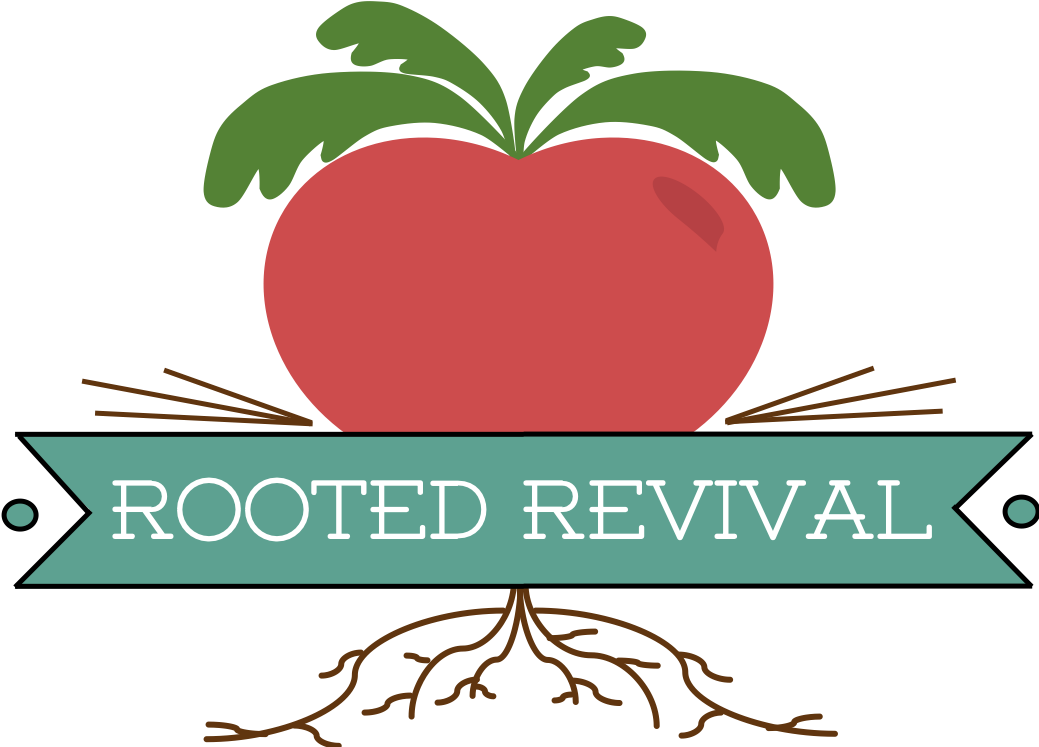
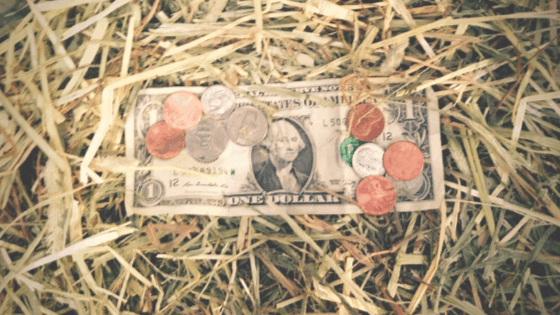
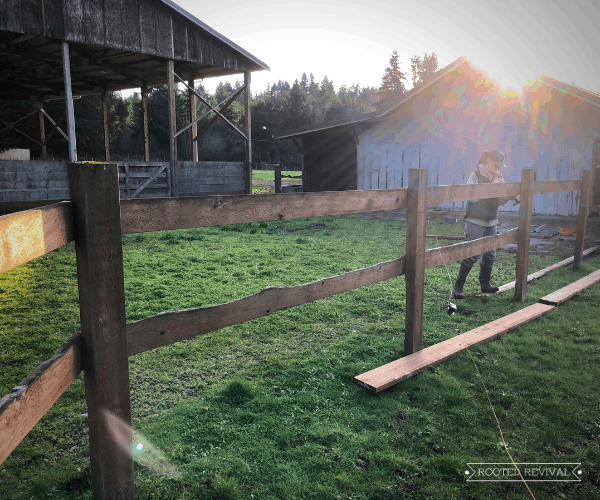
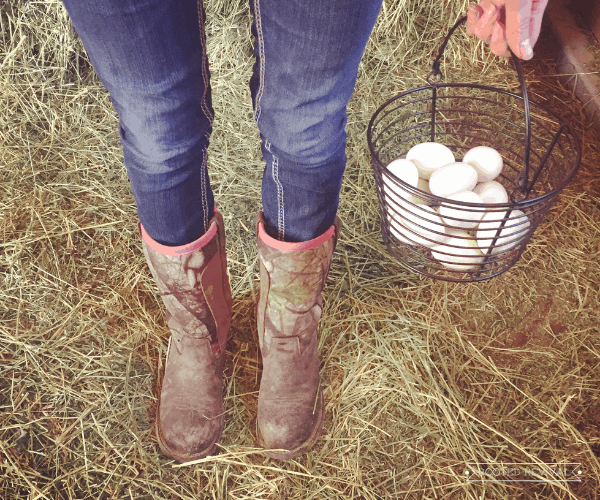
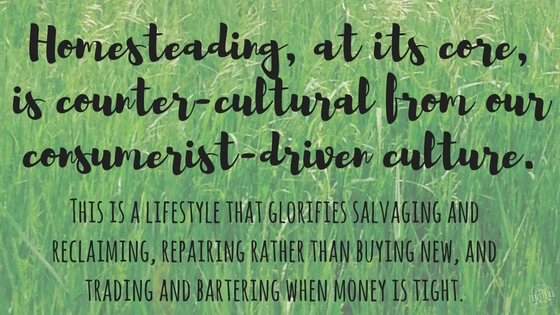


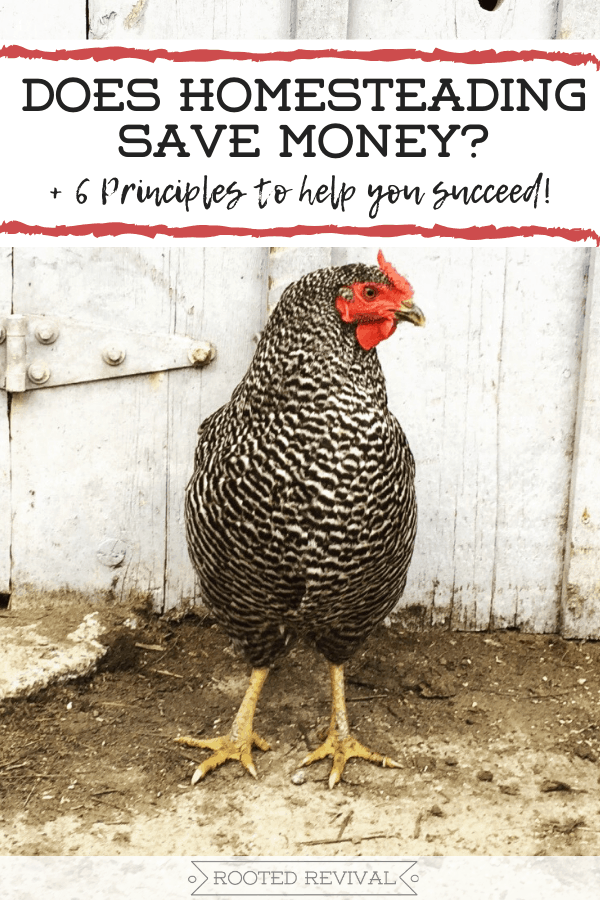
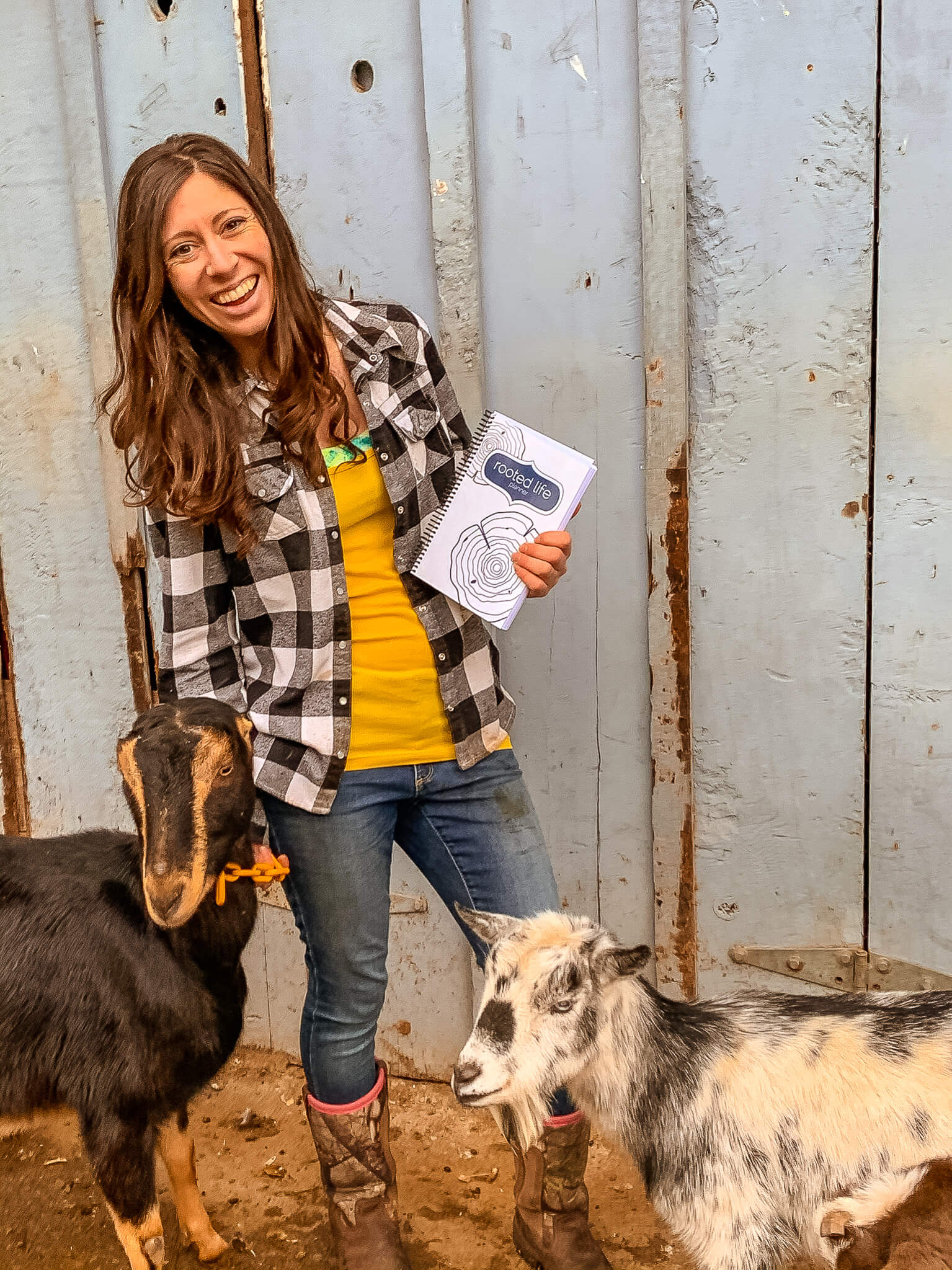
Joey
Sunday 6th of February 2022
With the way the world is going, even if homesteading isn't profitable today, it will likely be valuable in the coming years. Homesteading skills and sustainable mindsets are going to be valuable assets we can teach the next generation. This was a wonderful read. Thank you.
Alli
Thursday 13th of January 2022
Homesteading can indeed save you money, especially if everyone's on the same board. But it will cost you if you don't have someone on board. So, make sure that if your married, have a partner of some sort, that they are on board with what your wanting to do, even if that means they don't interfere.
Rooted Revival
Thursday 20th of January 2022
I definitely agree with you on that one! It would be incredibly hard to do if your other half isn't committed! It's definitely one of those things you really need to go all in on to make it work!